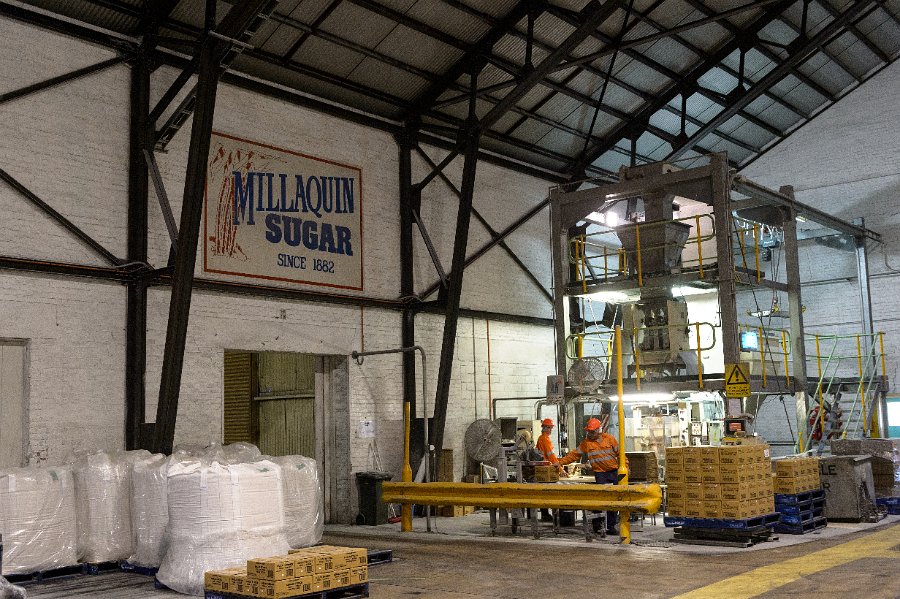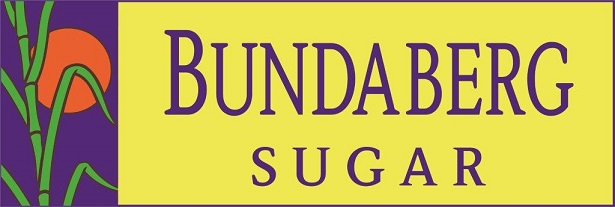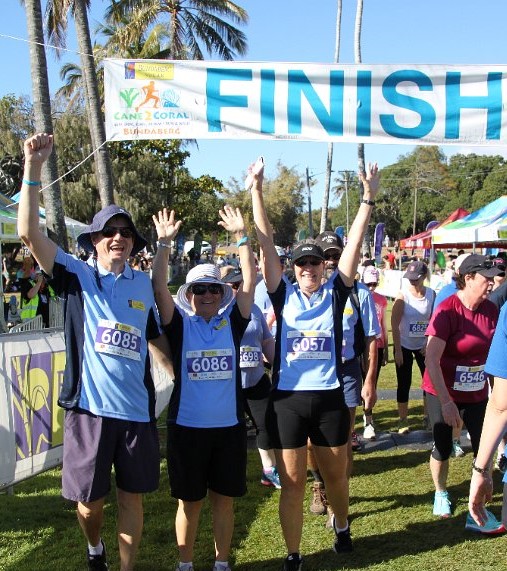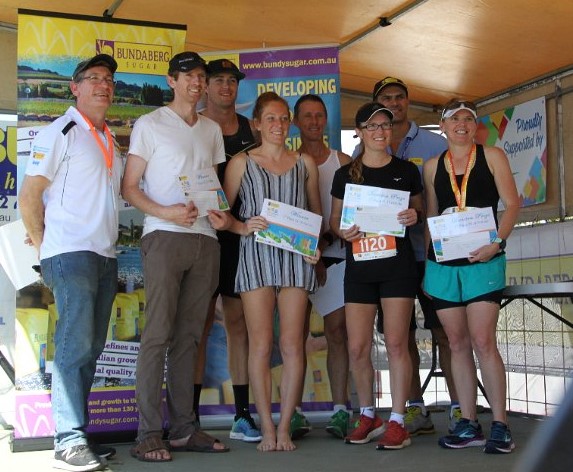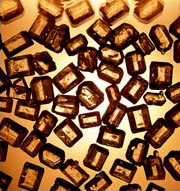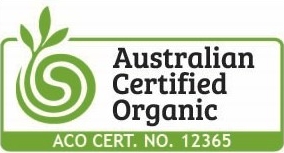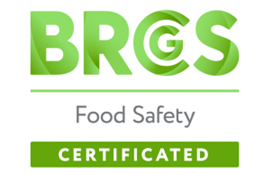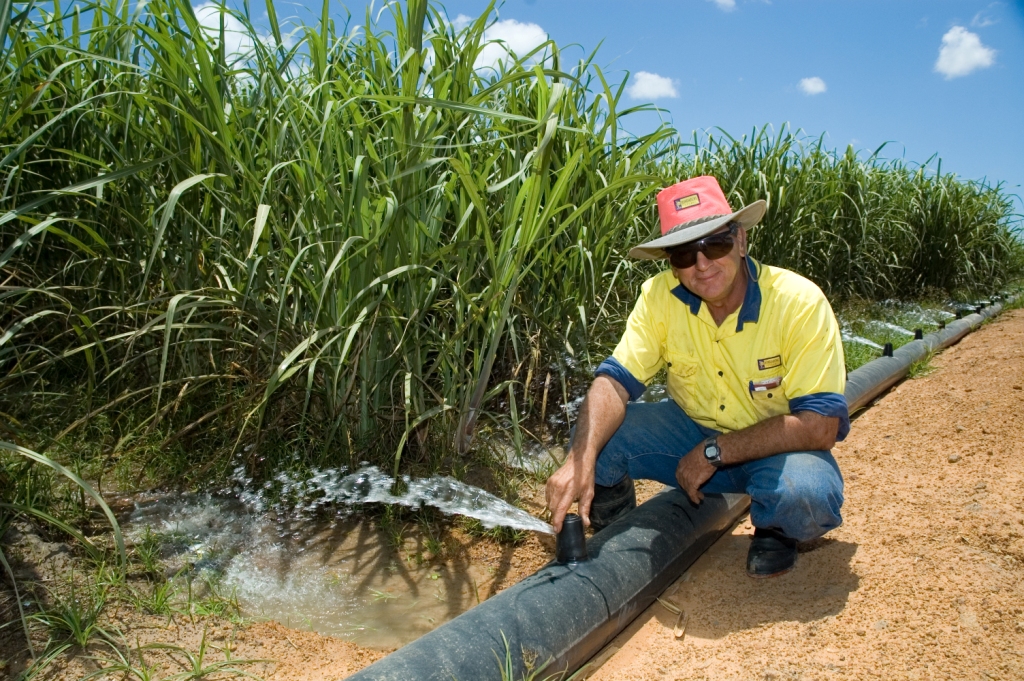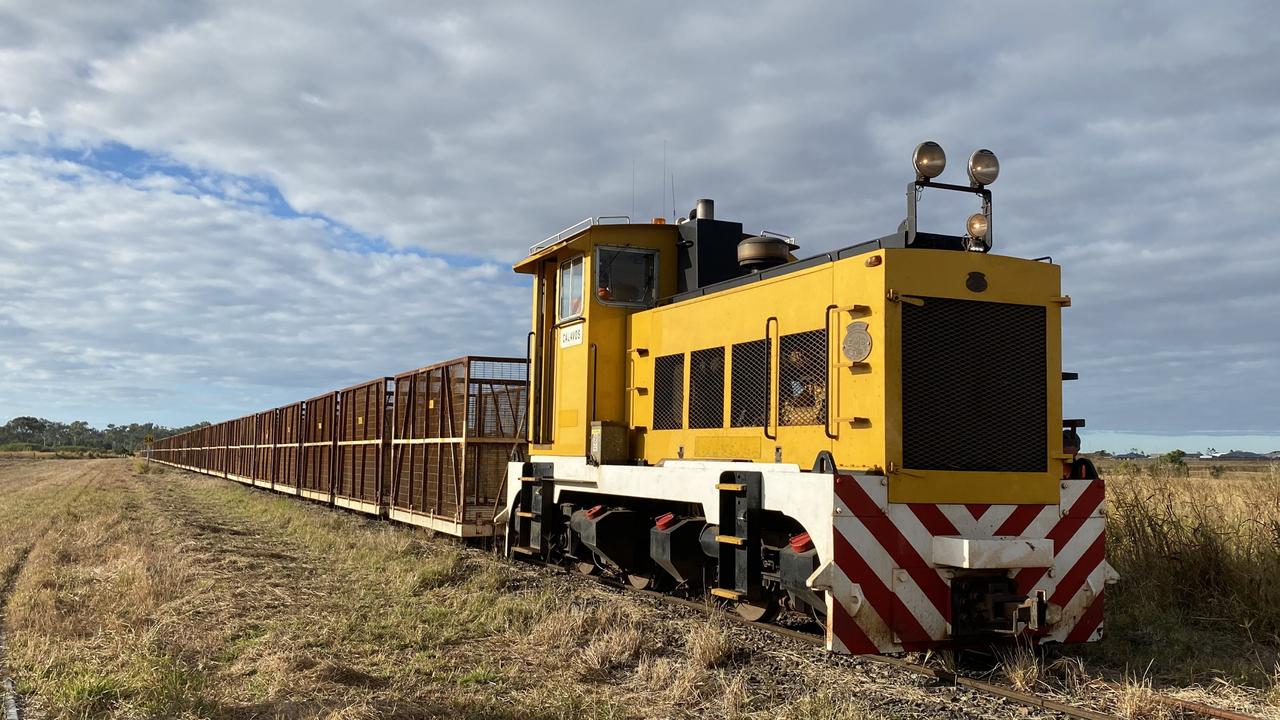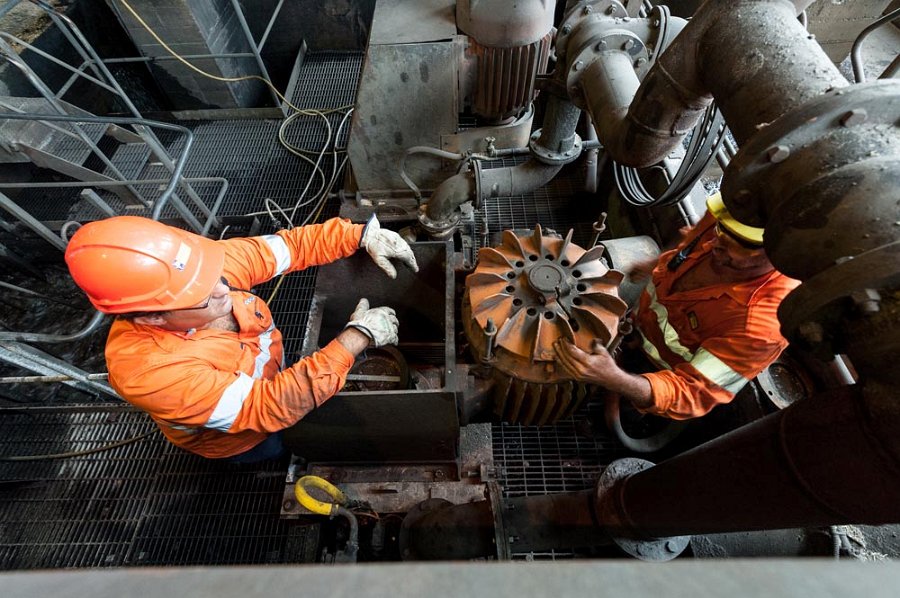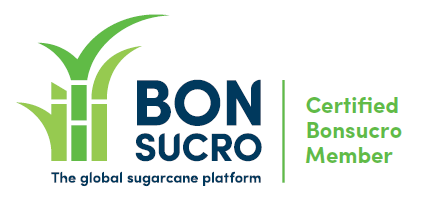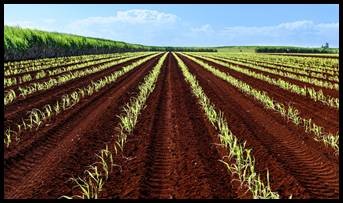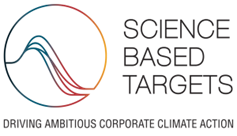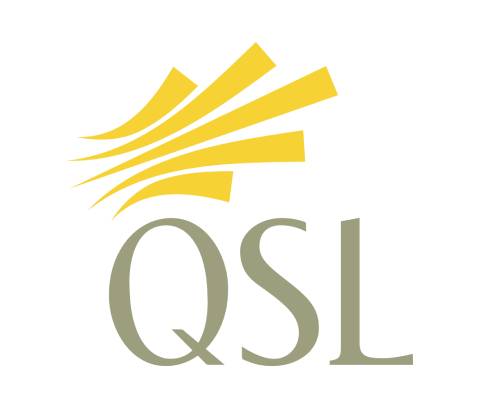Who is Bundaberg Sugar?
Cane Farming
Bundaberg Sugar is one of the largest cane growers in Australia and owns more than 9,000 hectares of cane farms, which produce nearly 550,000 tonnes of cane per year.
In the Bundaberg area where rainfall is variable, extensive irrigation systems are utilised.
Each season, which typically runs from June through to December, Bundaberg Sugar’s mill crushes approximately 1.1 million tonnes of cane which is harvested from 20,000 hectares.
Since 2020, Bundaberg Sugar and its shareholders have committed to dedicating part of their farming enterprise to Organic sugar cane production. This allows us to supply Australian made Organic Raw, whilst also developing and marketing Organic White products.
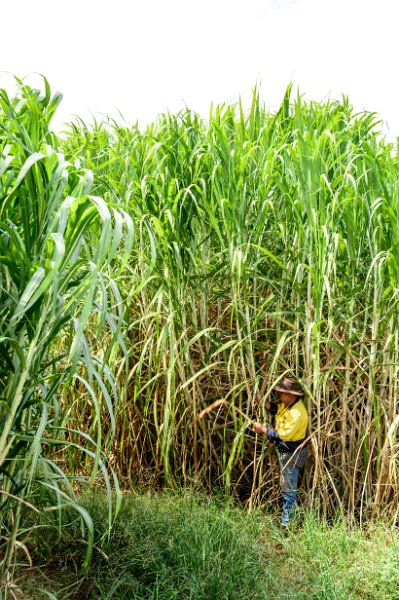
Millaquin Mill
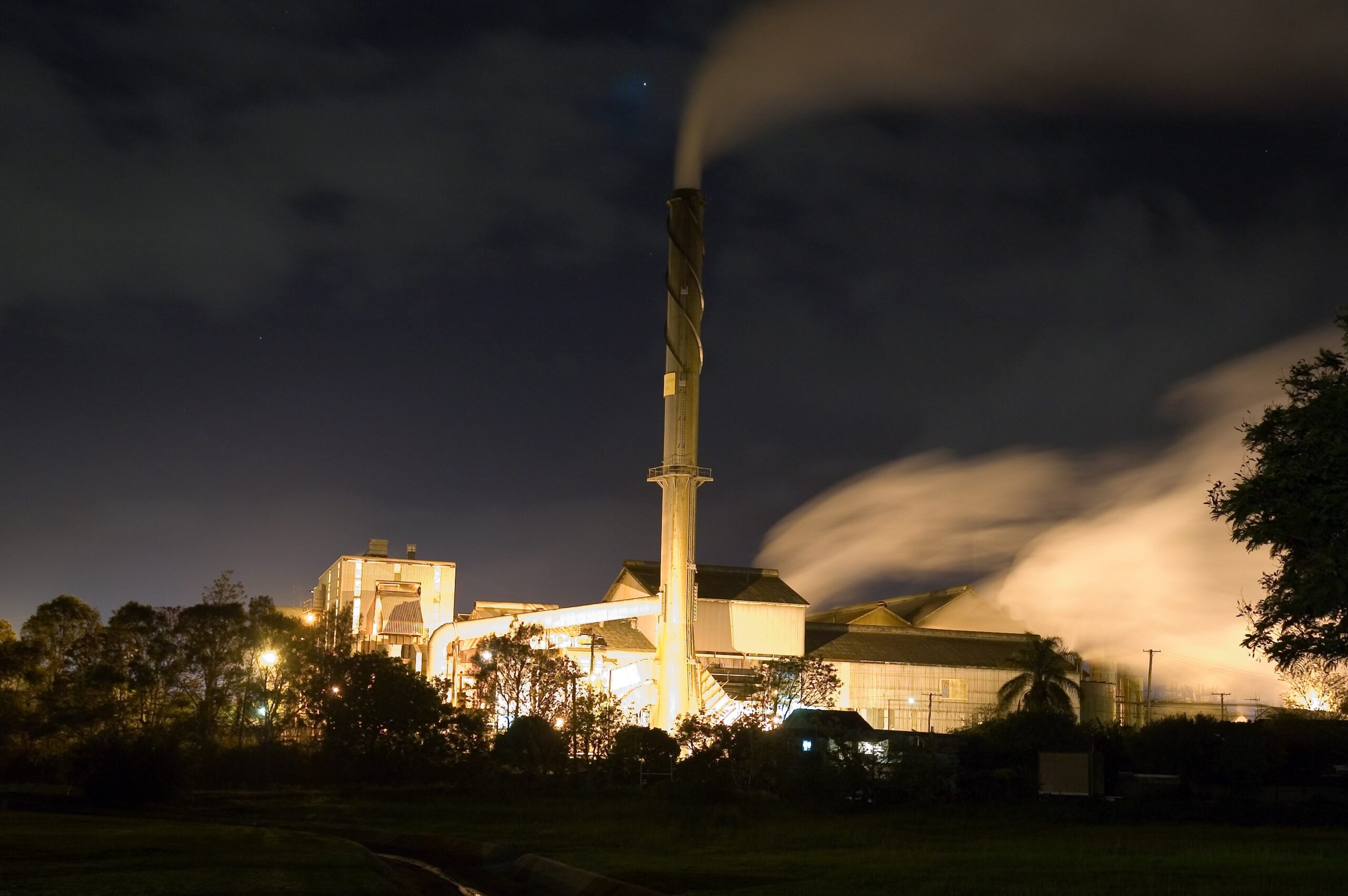
Sugar milling has advanced greatly since the late 1880’s when small juice mills crushed 80 tonnes of cane per hour. Now Bundaberg Sugar’s technically advanced sugar mill has the capacity to crush at up to five times that rate and convert the cane juice to raw sugar crystals.
Millaquin Mill is located at its original 1881 site on the bank of the Burnett River in Bundaberg. The name “Millaquin” is an aboriginal word meaning “spear in the eye”. Legend has it that an aboriginal was killed with a spear in the eye on the river bank. This is an integrated site at which cane is crushed, raw and refined sugar is produced. Nearby, alcohol is distilled and rum is bottled.
Millaquin Mill has an annual crushing capacity of 1.1 million tonnes of cane and produces more than 175,000 tonnes of raw sugar per crushing season.
Refinery
Originally known as the Yengarie Refinery, production commenced in 1882 with an original construction cost of some £160,000. The original output of the Refinery was approximately 300 tonnes per week. Over the many decades of improvements and upgrades, our current production is now up to approximately 160,000 tonnes per annum. Production throughput is adjusted as required based on both domestic and export sales contracts. The Bundaberg Sugar Refinery is located at the historic Millaquin site in the heart of Bundaberg, Queensland. The Refinery has been designed to process quality, raw sugar feed stock made right here in the long established raw sugar industry. This allows us to supply our refined product customers with quality products that are 100% natural whilst being sourced locally and are proudly Australian made. The Refinery is a full ranging sugar refinery and is able to deliver not only white refined sugar products, but also various specialty products with unique flavour profiles to suit customer requirements.
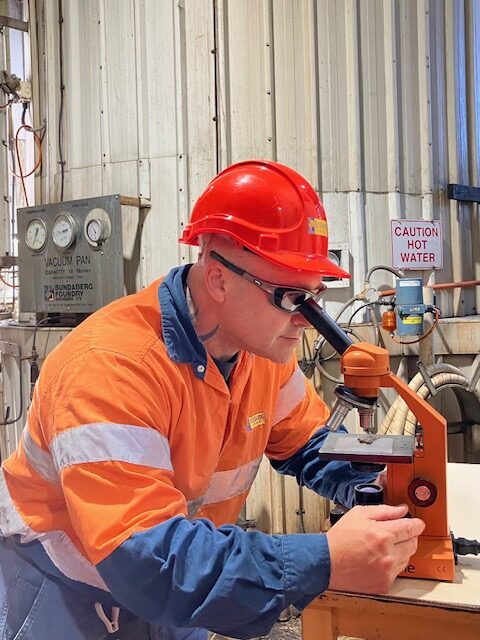
Packaging
The natural, tasty and sweet products coming produced by the Refinery are packaged into the many format sizes to suit customer requirements. These sizes range from single serve sachets for use in cafés, retail packets sold in grocery stores, 15 or 25kg sacks and 1.25 tonne bags for larger customers. Bulk tanker B-double sized deliveries are arranged for our very large ingredient customers.
Our dedicated packaging team package all of these formats and sizes that then find their way to the industrial, retail and food service sectors.
As a Sugar refinery, we aim to be responsive to our customer’s needs with quality, natural sweeteners direct to you from the Bundaberg district where the sugar cane is grown, harvested, milled and processed locally.
